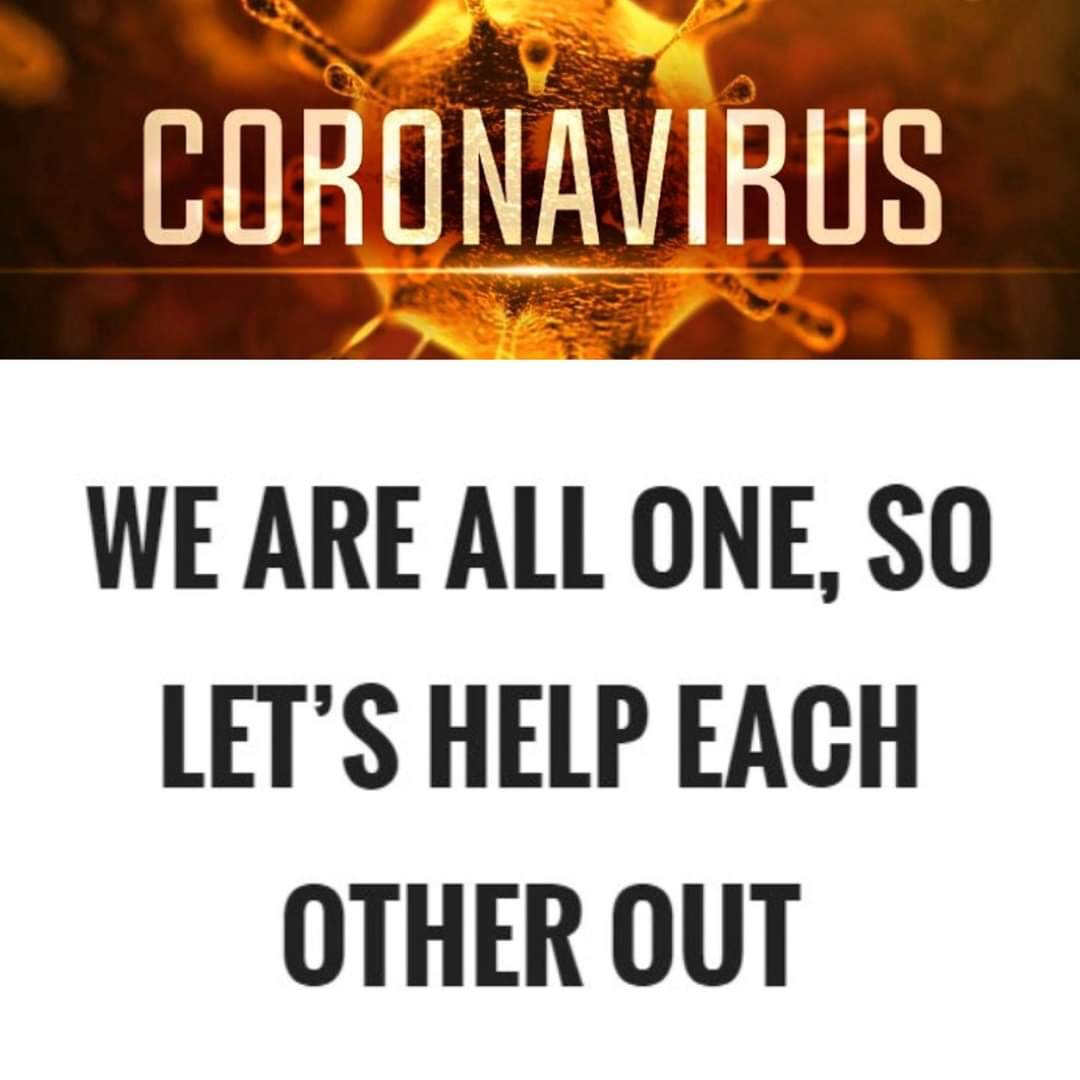Thinking in Systems for Global Well-Being A Thought on the COVID19 Pandemic.

A common enemy is not only at our door, but could infiltrate in through our loved ones. All that people can do now is to take desperate preventive measures to mitigate the threat of a violent intruder possibly devastating their lives. We are observing governments around the world reacting erratically to the threat, because the system we currently live in is far too overconfident and underprepared for events such as these. A healthcare system that focuses on supporting the sick, instead of being integrated and interacting with every part of the system we live in (keeping healthy people healthy), will only be able to have a weak reactive stance rather than a vigorous preventive one. Historically speaking we have improved through the years in awareness and vaccines, but … still not good enough…. why? The parts within a system (or systems within the system) are fighting each other because the focus of the grander system is property, wealth, and power. Anything that interferes w...



